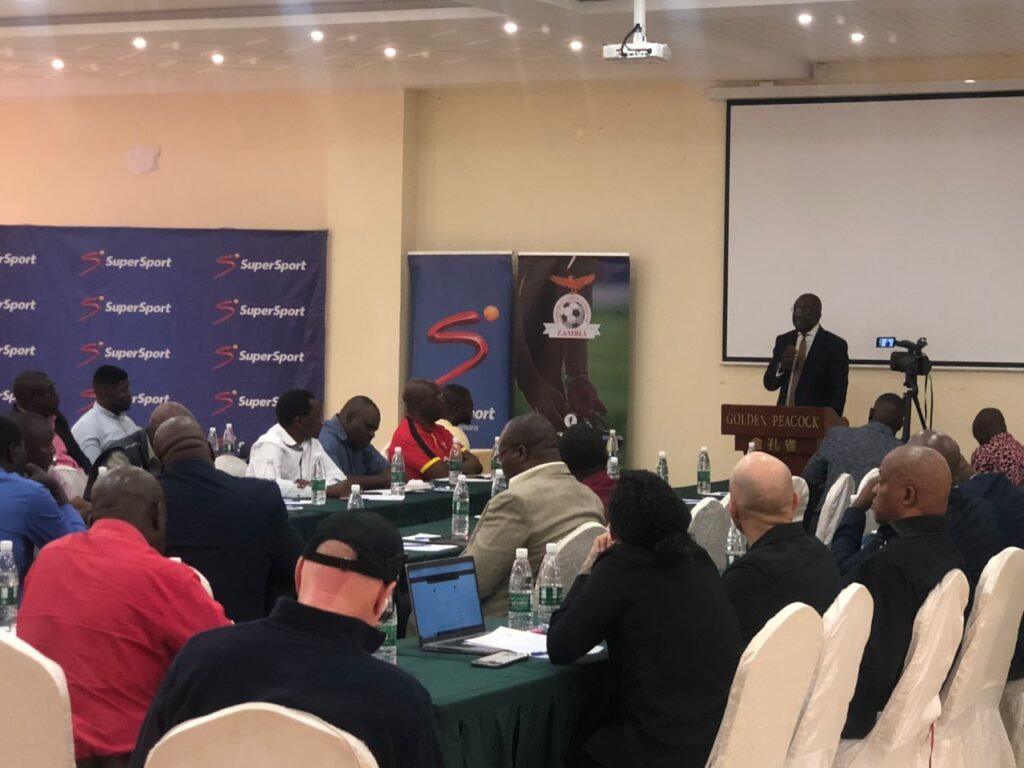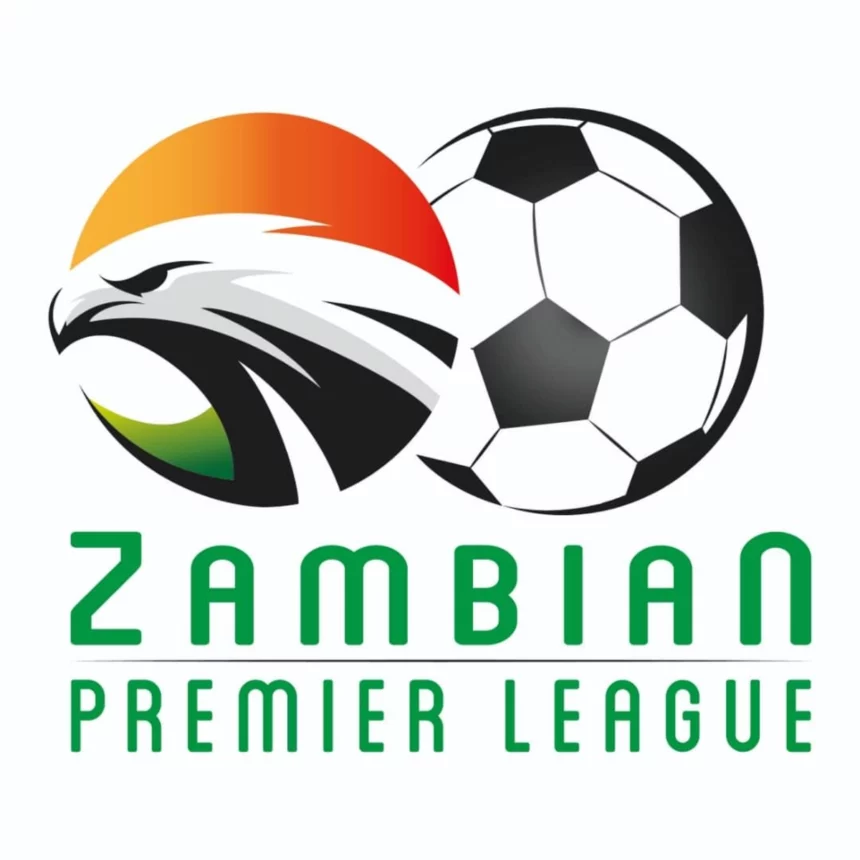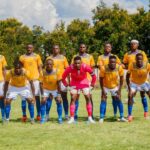Following the creation of the Zambian Premier League (ZPL), which was amended in the Football Association of Zambia (FAZ) constitution in 2021, the new league was officially launched today in Lusaka.
The launch took place at the Golden Peacock Hotel and was attended by league sponsors, SuperSport, and club representatives.
FAZ president Andrew Kamanga said during the event that the “event comes on the back of a historic development in our game, which is the de-linking of the Premier League from the Football Association of Zambia (FAZ). This is a process that has been long trodden by the Zambian game, but we are happy that we are building from the lessons of history.”

Kamanga added that the gathering was also “in recognition of the fact that SuperSport will be a key player in the new setup.”
He stated that the FAZ will retain overall supervision of football in the country, while the ZPL will be given appropriate management rights as it operates independently.
Kamanga also revealed that “under the new setup, FAZ will focus on developmental programs through all national teams, women’s football, and grassroots.”
The long-awaited delinking of the league is aimed at professionalizing and commercializing the league, according to the FAZ president.
Will the clubs choose their own representatives to run the league?
When asked when the clubs will choose their representatives to actualize the league’s independence, Kamanga stated that the process is being done gradually.
“We have taken a decision as an executive that we are going to focus on two sides: the commercial side of the game, which is where the ZPL sits, and the development side, which is where the provincial league sits,” he responded.
“With regard to ZPL, you will note that the process started by amending the constitution, so we had to formally recognize ZPL two years ago, and a committee was set up.”
Kamanga added: “We have now reached a point where we are now transitioning to get to the ultimate. So it’s not a process that will happen overnight, but it’s an ongoing process, so where we have reached, we are more or less at 50% because the ultimate is to get as many of the clubs to be part and parcel of the management.”












